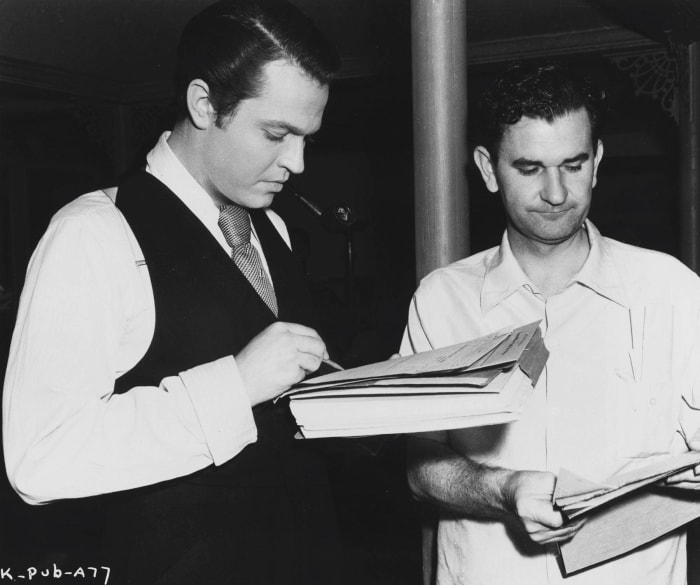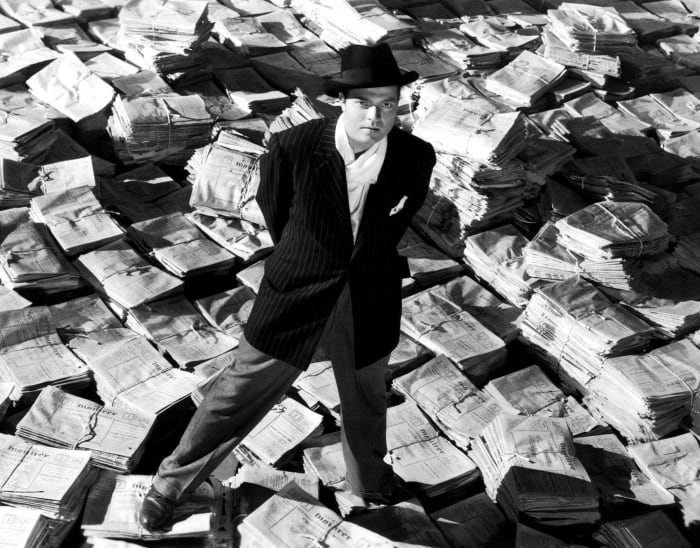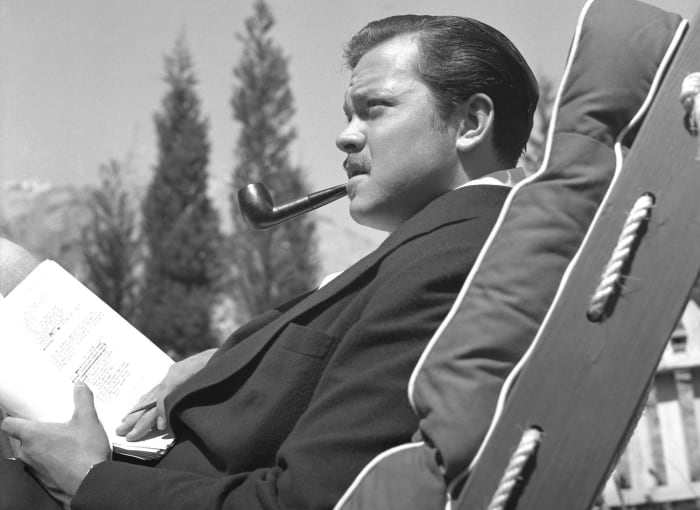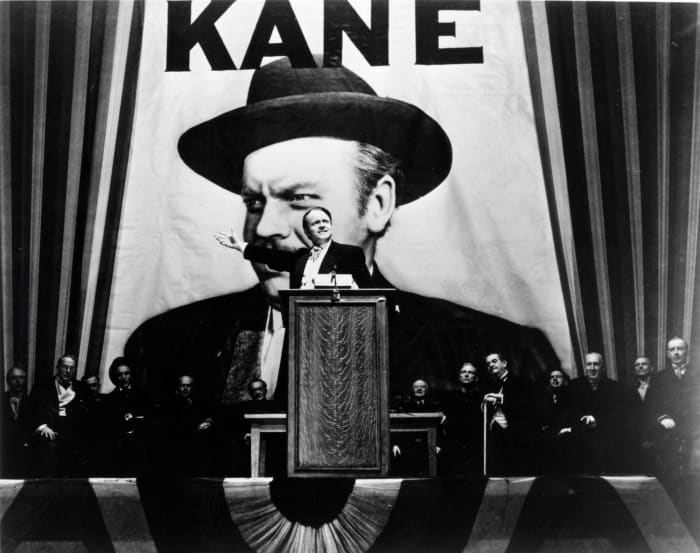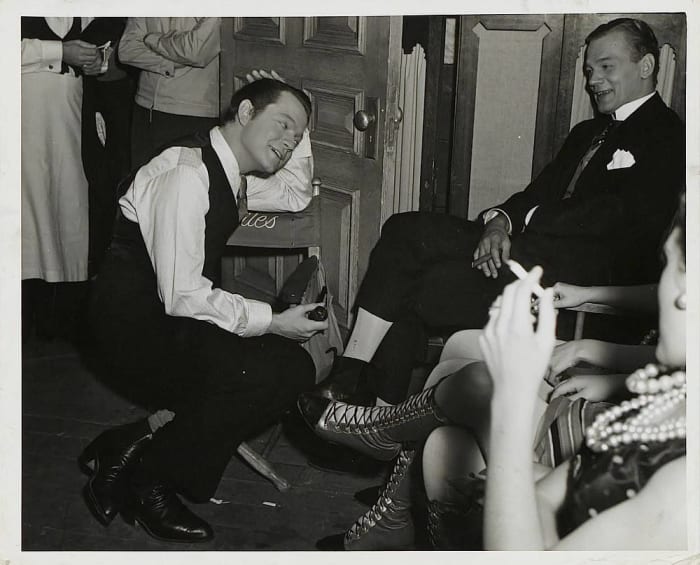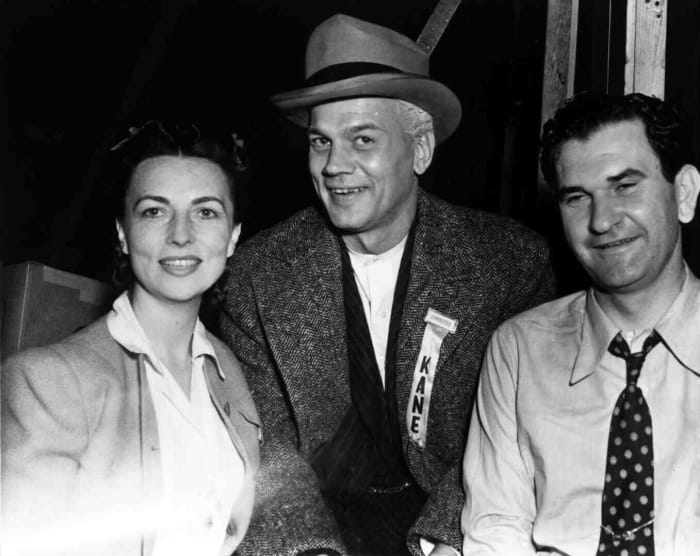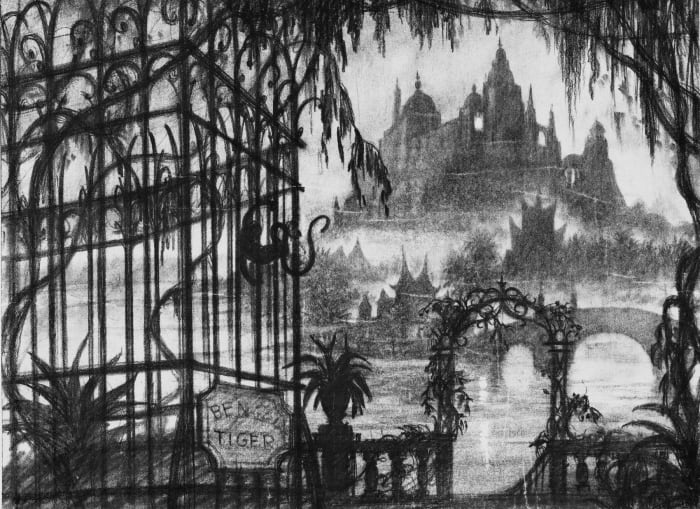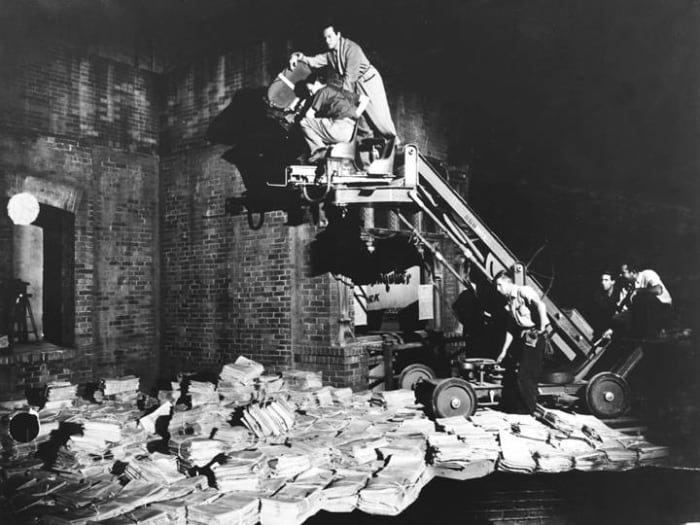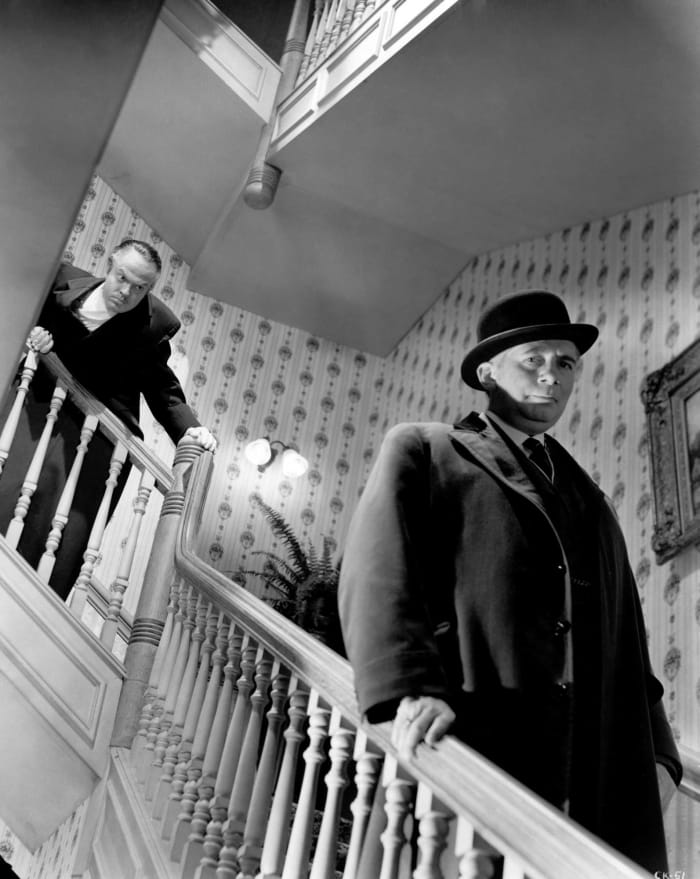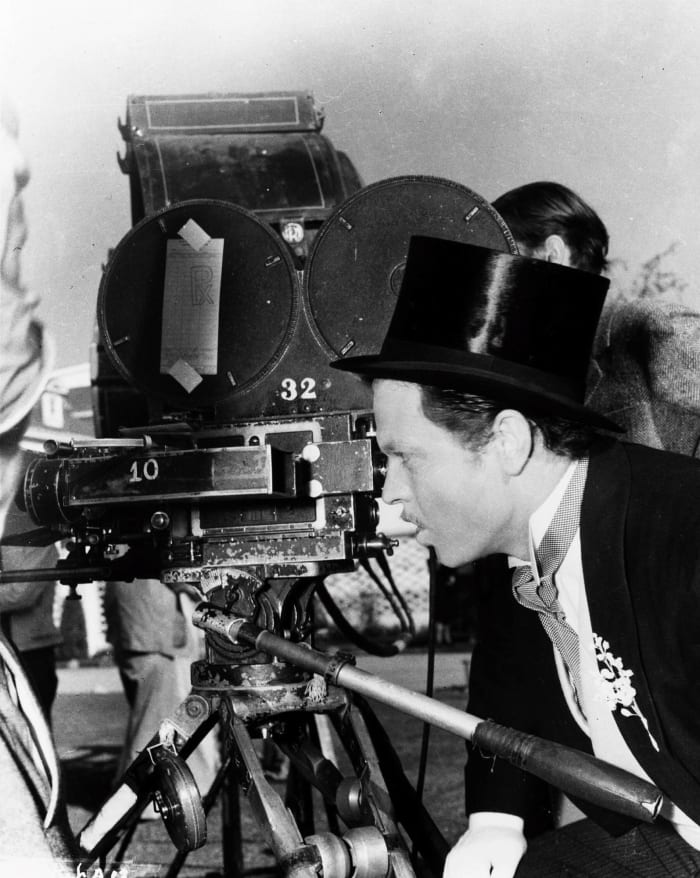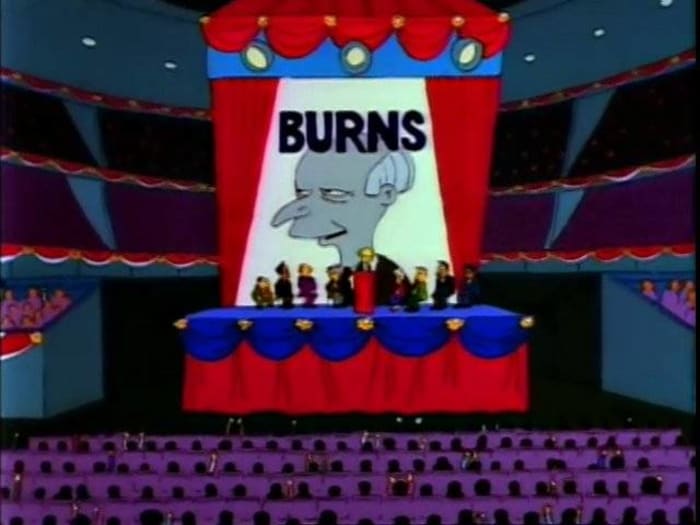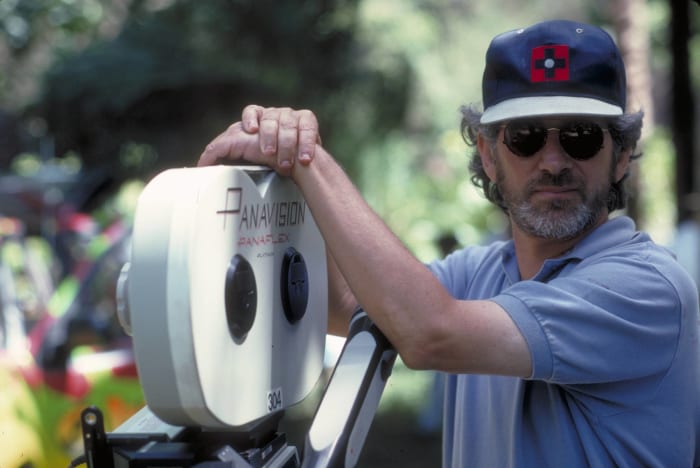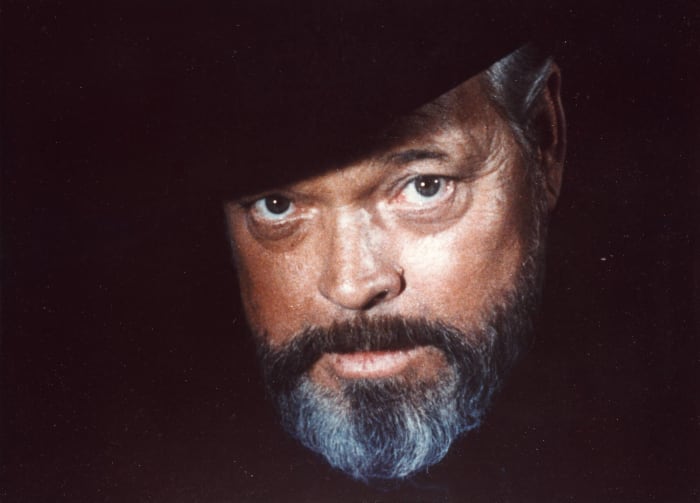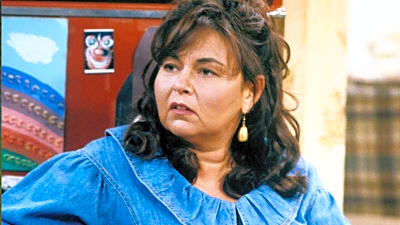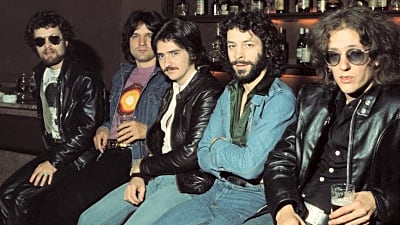x
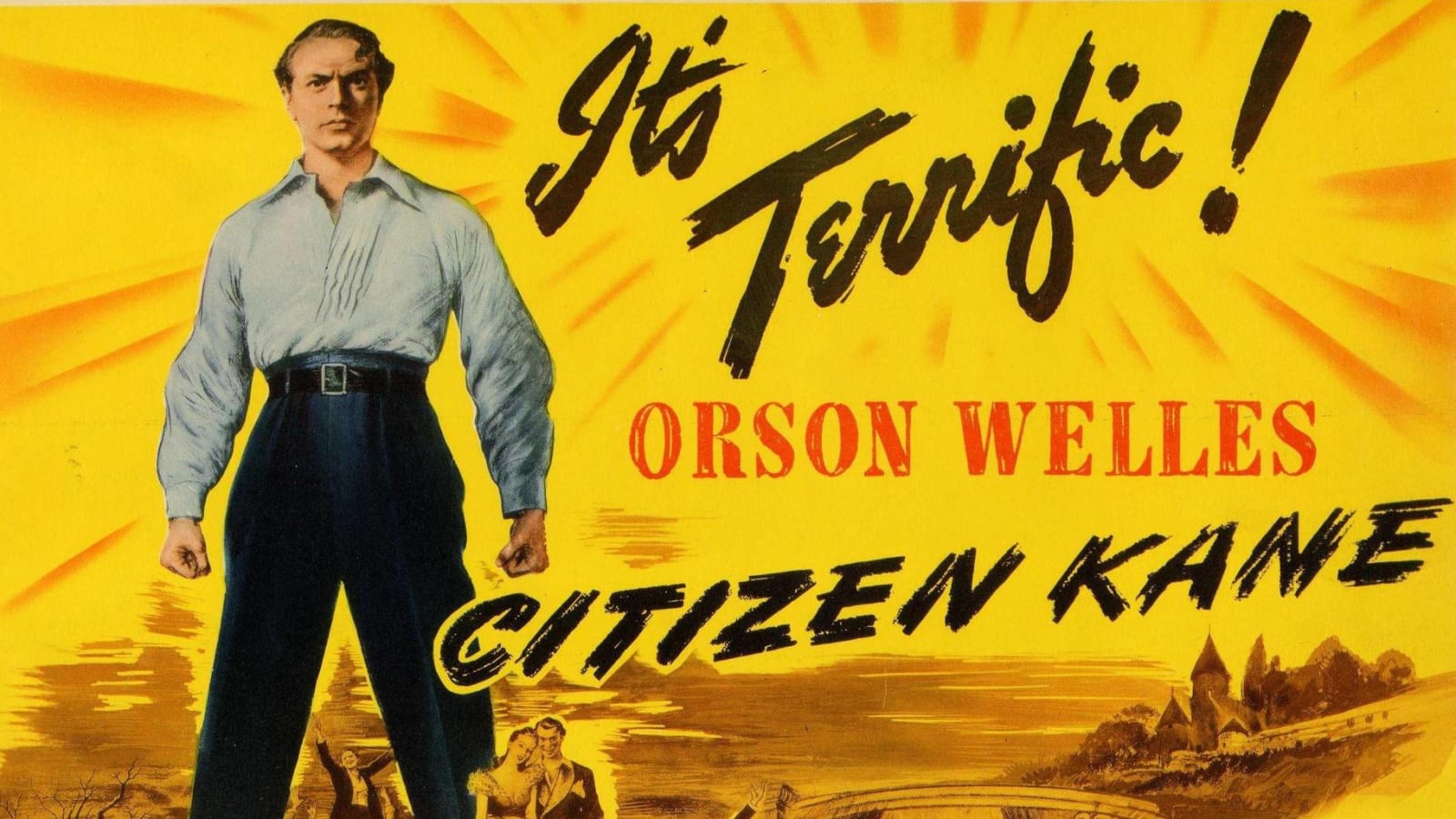
RKO
20 facts you might not know about 'Citizen Kane'
You know a movie is special when it can have a legacy that lasts for nearly a century. “Citizen Kane” has been called one of the best – if not the best – film ever made for decades at this point. Orson Welles guaranteed himself immortality with his story of Charles Foster Kane. He directed, he starred, and he co-wrote the movie that changed movies forever. Want to learn more about “Citizen Kane?” Hey, it’s the framing device of this gallery, so that only makes sense. We’ve got some facts for you about “Kane,” and we’re going to assume that you know what Rosebud is, since it’s maybe the quintessential movie spoiler.
More must-reads:
- 20 actors who will always be known for one particular role
- 20 films that absolutely ruin your day when you watch them
Customize Your Newsletter
 +
+
Get the latest news and rumors, customized to your favorite sports and teams. Emailed daily. Always free!
